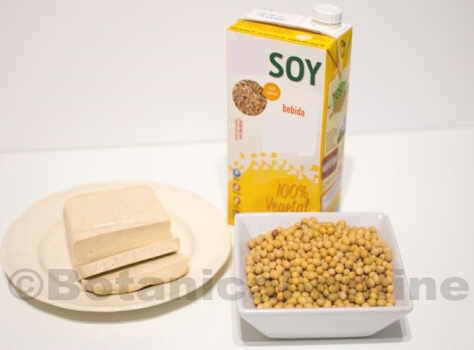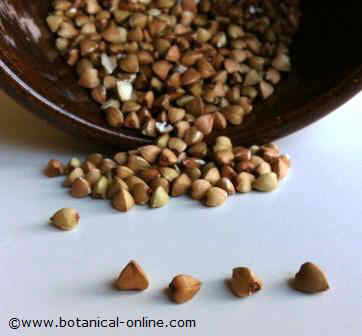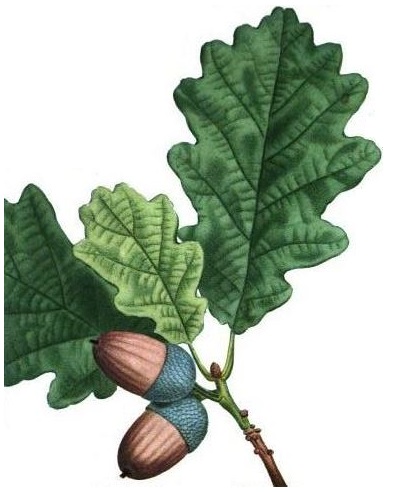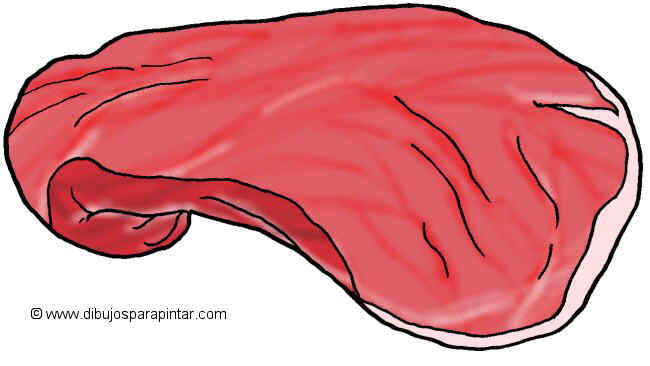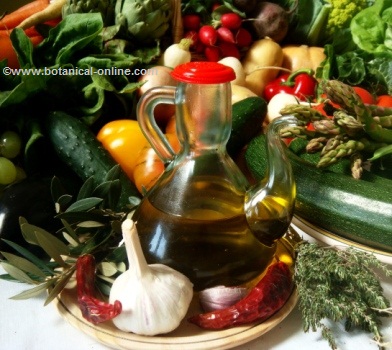Contents
What contraindications can chard have?
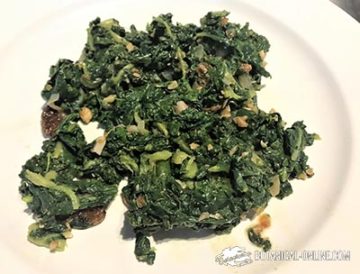
Swiss chard are very delicious and nutritious green leafy vegetables. Most people tolerate and digest them well, and they are only contraindicated in exceptional cases.
For which people are Swiss chard contraindicated?
They should not eat chard:
- People with an intolerance or allergy to chard.
- People with digestive diseases who cannot tolerate this food.
- People who have kidney problems or who must follow a controlled oxalate diet.
- Babies under 1 year old should not eat a lot of Swiss chard for the danger of blue baby syndrome (due to its nitrate content).
Swiss chard and their oxalate content
Swiss chard, like spinach, is a plant with many oxalates, which it produces as a result of their metabolism. This component, when combined with calcium in the body, produces calcium oxalate. Oxalates have been considered among the first responsible for the development of kidney stones, formed by calcium oxalate. For this reason, people with kidney stone problems should not eat these types of vegetables rich in oxalates. In any case, they should not exceed 50 mg of oxalic acid daily. (¼ cup of Swiss chard a day, maximum).
Under normal conditions, people can consume Swiss chard regularly. Eating a serving of about 150 to 200 grams of chard per person does not pose any health risk in this case.
Other specialists are not so strict and believe that it is not necessary to avoid or restrict foods high in oxalates so strictly. In his opinion, the ingestion of these types of plants is only partially responsible for the development of kidney stones. They consider that other factors have a more relevant impact, such as:
- Genetic predisposition
- Very high calcium intake (calcium and vitamin D supplements)
- Excess protein in the diet
- The habit of drinking little water.
![]() More information on chard
More information on chard

